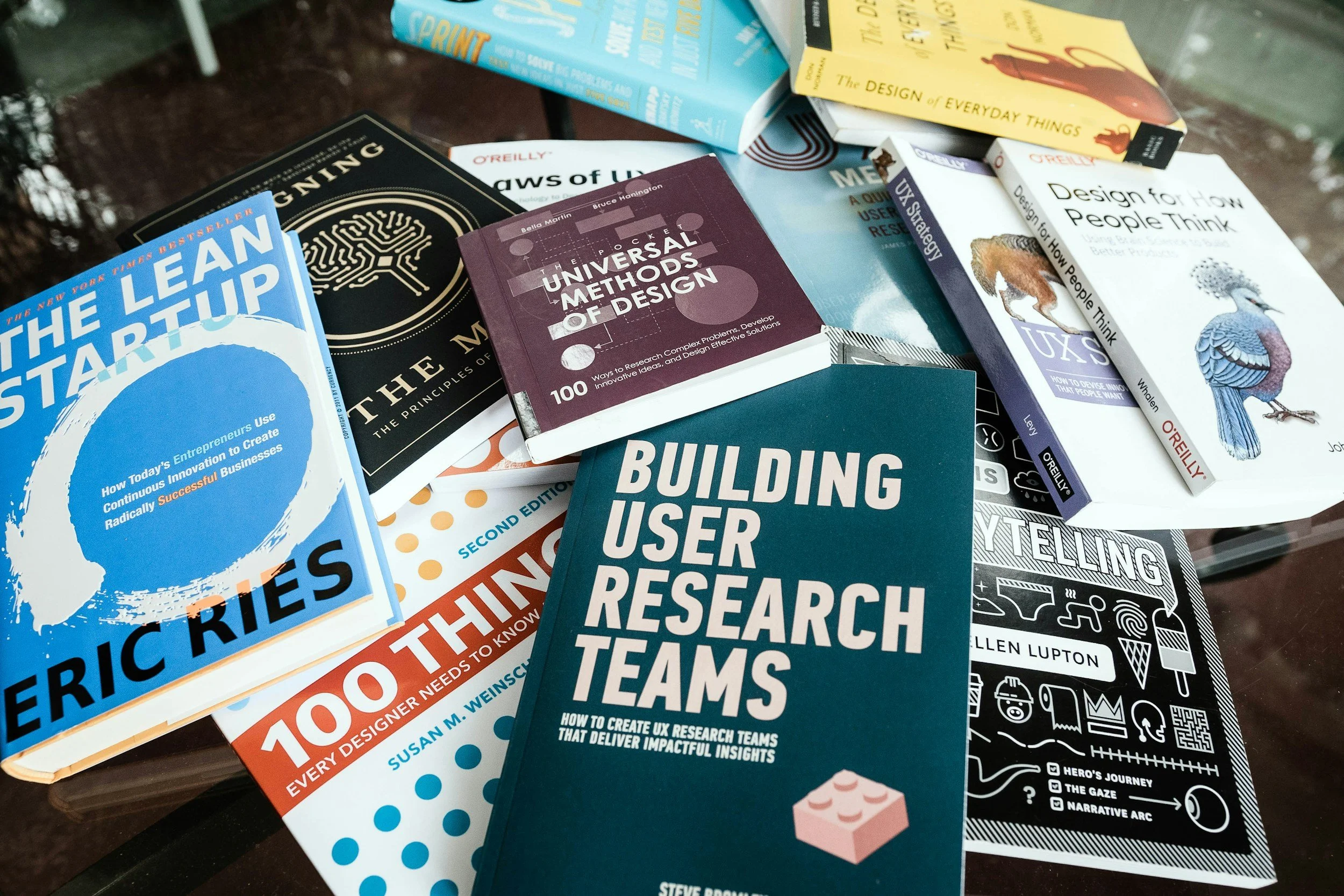How Research Consultants Can Support Mental Health NGOs and Nonprofits
In today’s rapidly evolving landscape of mental health care, NGOs and nonprofits play a critical role in addressing community needs, bridging gaps in public services, and advocating for vulnerable populations. But as demand grows and funding becomes increasingly competitive, the ability to demonstrate impact through credible data and evidence-based strategies is no longer optional—it’s essential.
That’s where research consultants come in.
Whether your organisation runs support groups, delivers therapy services, advocates for policy change, or supports marginalised communities, research consultants can strengthen your work at every stage. Here's how.
1. Designing and Evaluating Programs Effectively
Mental health initiatives often operate in complex, dynamic environments. Research consultants help nonprofits design interventions that are grounded in evidence and tailored to specific populations. More importantly, they guide the evaluation process—helping organizations measure outcomes, identify what’s working (and what’s not), and use findings to improve future delivery.
✅ Example: A consultant might help design pre- and post-program assessments to measure changes in anxiety or depression symptoms among participants in a youth mental health program.
2. Making the Case to Funders with Data
Grants and donations are the lifeblood of most mental health nonprofits. But funders increasingly expect more than passion—they want proof of effectiveness. A well-crafted report backed by rigorous research can turn anecdotal success stories into compelling evidence that attracts sustained investment.
🔍 Tip: Research consultants can help craft logic models, develop indicators, and analyze both quantitative and qualitative data to support strong funding proposals and reports.
3. Conducting Needs Assessments
Understanding the needs of the community is the foundation of any effective mental health intervention. Consultants can conduct focus groups, surveys, or stakeholder interviews to provide a nuanced picture of mental health trends, service gaps, and barriers to care in a given region or demographic.
📊 Insight: A consultant-led needs assessment can help an NGO pivot services to meet emerging needs, such as addressing post-pandemic youth mental health or refugee trauma.
4. Ensuring Ethical, Culturally Competent Research
Mental health work often involves vulnerable individuals and communities. Research consultants bring ethical oversight, ensuring that projects meet high standards of informed consent, confidentiality, and cultural sensitivity, particularly in underserved or stigmatised groups.
🧠 Remember: Ethics in mental health research isn’t just compliance—it’s about trust, dignity, and respect for lived experiences.
5. Building Internal Research Capacity
Not every nonprofit can afford to hire in-house research staff, but that doesn’t mean they have to rely on external help forever. Consultants can train staff in data collection, monitoring, and evaluation skills, empowering teams to integrate learning into their everyday operations.
📚 Bonus: This kind of capacity-building leads to more sustainable, evidence-informed organisations in the long term.
6. Advocacy and Policy Support
Evidence is power when it comes to advocacy. Research consultants help translate data into policy briefs, public reports, and strategic messaging that resonate with decision-makers. This allows NGOs to advocate for mental health reforms that are backed by credible, localised insights.
🗣️ Advocacy anchored in data often leads to more informed public discourse and greater policy traction.
Final Thoughts
Mental health NGOs and nonprofits are doing some of the most important work in society. But even the most passionate efforts can fall short without a clear, evidence-based roadmap. Research consultants aren’t just number crunchers—they’re strategic partners who can help clarify goals, measure impact, and ensure that mental health initiatives are as effective, equitable, and sustainable as possible.
If your organisation is navigating complex challenges, seeking funding, or aiming to scale its impact, consider how a research consultant can help you move from intention to measurable change.
